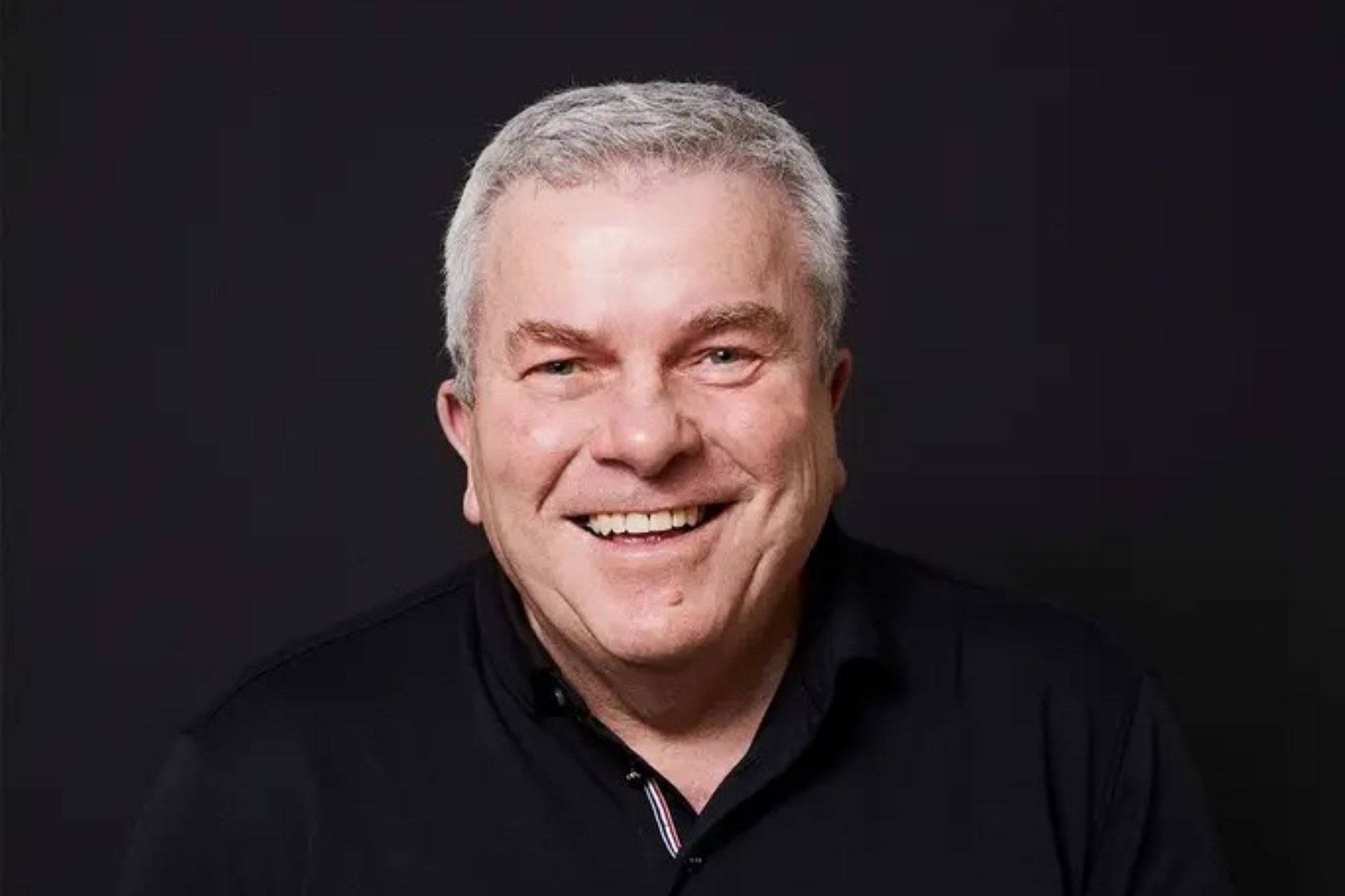Why Start a Company in a Crisis? A conversation with Dave Allen, Founder and Global CEO at Brandpie, on navigating crises, trusting your instincts, and knowing what not to do.
Opinions expressed by Entrepreneur contributors are their own.
You're reading Entrepreneur United Kingdom, an international franchise of Entrepreneur Media.

When Dave Allen launched London based Brandpie in 2008, the world was in financial freefall. For most, it was the worst possible time to start a business. But for Allen, it was exactly the right moment. "Times of uncertainty can also be full of opportunity," he says. "While many competitors were downsizing and caught up in internal challenges, we could stay focused, provide clarity, and help business leaders think strategically about emerging stronger from the recession."
Allen had already seen the peaks of the branding world. In 1986, he was one of five shareholders who sold design group Sampson Tyrrell to WPP, before helping Sir Martin Sorrell build what became Enterprise IG. But over time, the high-flying corporate life began to lose its appeal. "I found myself running a large group where my days revolved around budgets, financials, and quarterly reviews. It just wasn't for me," Allen recalls. "I wanted to return to my passion: working directly with clients and helping them shape ideas that drive their business forward - particularly at moments of significant change."
He walked away from the big leagues to launch something on his own terms. "That's how Brandpie was born, officially launched in December 2008. We specialised in Positioning, Identity, and Engagement – hence the name Brandpie. A name that captured our focus – with a hint of Yorkshire humour." One of the most surprising aspects of the Brandpie story is how it was built entirely without external capital. "We didn't – and we never have," Allen says, when asked how they secured initial funding. "Brandpie has always been self-funded and debt-free. We started from the kitchen table and only spent what we'd already earned."
That financial caution extended to their very first encounter with the banking system. "Roger [Partington] and I went to open our bank accounts at HSBC on King Street in Covent Garden," Allen says, referring to his co-founder. "They asked if we'd like a company credit card. We said yes, and they asked how much credit we'd need. 'Twenty-five, maybe fifty,' we replied. The very polite lady looked surprised and said, '£25 to £50 won't get you very far.' Of course, we meant £25–50K. She went pale and told us the maximum available credit was £1,500."
The path from a kitchen table to a global client roster wasn't without fear. "The biggest challenge was the fear – wondering if anyone would actually choose to work with us," Allen admits. "That fear never fully disappeared – and in many ways, it still drives me today." But work came. And kept coming. Brandpie has since partnered with over 150 companies worldwide, often at times of transformation, helping CEOs and leadership teams realign their businesses from the inside out.
Of course, no journey is smooth. But Allen is pragmatic about setbacks. "It might sound like a cliché, but setbacks are simply part of business. You deal with them as they come. In fact, I believe failures are valuable, because that's when you learn the most."
For anyone hoping to scale their UK-based business to £5 million in annual revenue, Allen is clear-eyed. First, know yourself. "You need to be clear about what you're good at – but more importantly, be honest about what you're not good at. That self-awareness is vital." Then, define what success really looks like. "Take time to frame the outcome you want," he advises. "One practical tip: write down what you imagine your business will look like in five years – and specifically, what £5m in annual revenue would mean in real terms for your business."
And finally, stay focused – ruthlessly so. "I live by two lists: a 'to do' list and a 'not to-do' list," Allen says. "The 'not to-do' list is just as important – it helps me park distractions and clearly signals to others that while something may be on the radar, it won't get any attention unless it earns a place on the 'to-do' list. At 15 years old, Brandpie is still debt-free, self-funded, and driven by a simple philosophy: do the right work, with the right people, for the right reasons. And maybe, don't trust the bank to get it.













